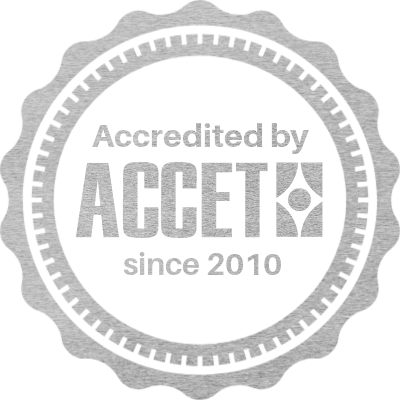In today’s rapidly evolving job market, the need for continuous learning and skill development has never been more critical. Whether you’re seeking a career change or aiming to enhance your current role, investing in education can be a powerful strategy to increase your earning potential and open new doors. Here’s how smart use of money towards education can transform your career.
The Value of Education in Career Transition
Education is not just about acquiring knowledge; it’s about gaining the skills and qualifications necessary to thrive in your chosen field. Here’s why investing in education is a smart financial decision:
- Increased Earning Potential: Higher education and specialized certifications often lead to higher-paying jobs. According to numerous studies, individuals with advanced degrees or certifications typically earn significantly more over their lifetimes than those with only a high school diploma or bachelor’s degree.
- Career Flexibility: Education equips you with a diverse skill set, making it easier to transition between careers. This is particularly important in today’s dynamic job market, where industries evolve rapidly and new roles emerge regularly.
- Job Security: Having advanced skills and qualifications makes you more competitive and less vulnerable to automation or changes in the industry. Education can provide the resilience needed to navigate uncertain job markets.
Steps to Invest Smartly in Education
Investing in education requires a strategic approach to ensure you get the best return on your investment. Here are some steps to help you make the most out of your educational investments:
- Identify Your Goals: Before enrolling in a program, clearly define your career goals. Are you looking to switch fields entirely, or do you want to advance in your current one? Your goals will guide your educational choices.
- Research Programs: Not all educational programs offer the same value. Research potential programs thoroughly, considering factors such as accreditation, curriculum, faculty expertise, and alumni success.
- Consider Online Learning: Online courses and degrees can be a cost-effective way to gain new skills without the need to relocate or disrupt your current job. Many prestigious institutions offer online programs that carry the same weight as their on-campus counterparts.
- Evaluate ROI: Look at the potential return on investment for your chosen program. Consider the cost of tuition, potential student loan interest, and the increase in earning potential post-graduation. Many resources and online calculators can help you estimate the ROI of different educational investments.
- Seek Financial Aid and Scholarships: Investigate scholarships, grants, and financial aid options. Many organizations offer financial support to help reduce the burden of tuition costs.
- Network and Seek Mentorship: Leverage educational environments to build your professional network. Engage with instructors and peers, and seek mentorship opportunities to enhance your learning experience and career prospects.
Real-World Examples of Education Investments
To illustrate the impact of educational investments, here are a few real-world examples:
- Same Industry Transition: Jane worked at the front desk of a doctor’s office. She saw potential in administration aspects of the office. She pursued a diploma in the Healthcare Administration, Billing & Coding (HABC) program at Hawaii Medical College. Shortly after completion, she was promoted to office manager. More responsibility and a higher salary.
- Healthcare Upskilling: John, a registered nurse, pursued a specialization in nurse anesthesia through a part-time graduate program. This specialization not only doubled his salary but also provided him with greater job satisfaction and opportunities for advancement.
- Business Leadership: Maria, an engineer, aspired to move into a management role. She invested in an MBA program, which equipped her with leadership and business skills. Post-MBA, she was promoted to a managerial position, significantly boosting her earning potential.
Investing in education is one of the smartest financial decisions you can make for your career. Instead of spending your money on a one-time purchase, consider your opportunities to grow your income by investing in your education and career. By strategically choosing educational programs that align with your career goals, you can enhance your skills, increase your earning potential, and achieve greater job security and satisfaction. Remember, education is not just an expense—it’s an investment in your future. Use your money wisely to gain the knowledge and qualifications that will propel you towards your career aspirations.





